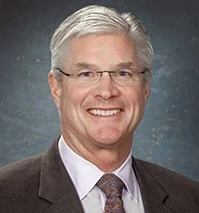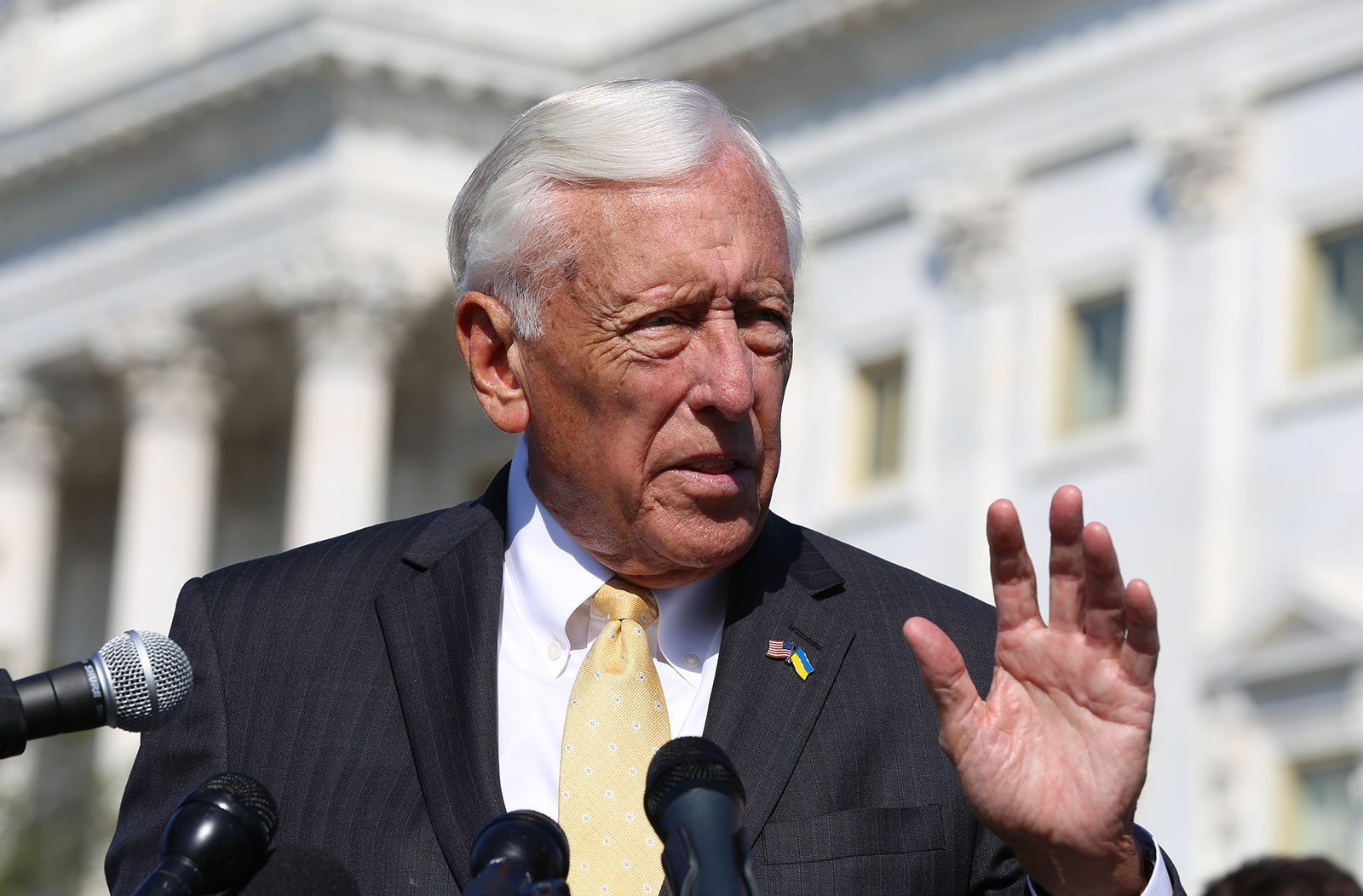Table Of Content

House minority leaders also hold joint news conferences and consult with their counterparts in the Senate—and with the president if their party controls the White House. The overall objectives are to develop a coordinated communications strategy, to share ideas and information, and to present a united front on issues. Minority leaders also make floor speeches and close debate on major issues before the House; they deliver addresses in diverse forums across the country, and they write books or articles that highlight minority party goals and achievements. They must also be prepared "to debate on the floor, ad lib, no notes, on a moment's notice," remarked Minority Leader Michel.[43] In brief, minority leaders are key strategists in developing and promoting the party's agenda and in outlining ways to neutralize the opposition's arguments and proposals. Another scholar contends that the minority leader position emerged even before 1883. "It is hard to believe that House partisans would place a man in the speakership when in the majority, and nominate him for this office when in the minority, and not look to him for legislative guidance."[28] This was not the case, according to some observers, with respect to ex-Speaker Keifer.
Latest election results and party standings
Democrats meanwhile will begin the next Congress with a fresh slate of leaders, after the House speaker, Nancy Pelosi, and her deputies stepped aside to pave the way for a new generation. Now, in a historical first, the triumvirate of top House Democrats includes no white men. Although this process means that only a fraction of proposed legislation actually becomes law, the framers of the Constitution wanted careful deliberation in which diverse views are heard and our rights as citizens are represented and defended. The Speaker of the House is also the second person in the U.S. presidential line of succession—the order in which presidents are replaced if they die, resign or are removed from office—after the Vice President and before the President pro tempore of the Senate. The two houses of Congress may effectively have the same legislative powers, but they operate differently. Indeed, the Articles of Confederation—the first constitution of the United States—established a Congress in which all 13 states (the original 13 colonies) were represented equally in a unicameral (one chamber) legislature, with no Office of the President or executive branch.
Passage of legislation
Leaders gang up on Speaker Johnson at ‘intense’ White House meeting - The Hill
Leaders gang up on Speaker Johnson at ‘intense’ White House meeting.
Posted: Tue, 27 Feb 2024 08:00:00 GMT [source]
The minority party opposes initiatives of the majority party and offers its own proposals as substitutes. Katherine ClarkAssists leadership in managing party's legislative program. Every seat in the Michigan House of Representatives is up for election this November. In the 2022 midterm elections, Gov. Gretchen Whitmer won reelection and Democrats flipped both chambers of the Michigan Legislature, giving the party a governing trifecta for the first time in 40 years. While Xiong will complete the remainder of her predecessor's term, if she seeks reelection this fall to serve a full two-year term in the state House, she will have to run in a new district after a court-ordered redraw of legislative districts in metro Detroit.

Elections
These differences have lessened over the years, but representatives elected to the House tend to be more engaged in the districts and communities they represent. Because they are elected every two years, they are typically more aware of current public opinion among their constituents. The majority leader is pivotal in formulating and articulating the party’s policy agenda and in previous Congresses has worked closely with the White House to conduct legislative business. This relationship can become stressed if the executive is occupied by a rival party and the House legislative agenda does not reflect the president’s priorities. States entitled to more than one representative are divided into single-member districts. This has been a federal statutory requirement since 1967 pursuant to the act titled An Act For the relief of Doctor Ricardo Vallejo Samala and to provide for congressional redistricting.[18] Before that law, general ticket representation was used by some states.
Primary in Pennsylvania is here: A 2024 election guide from ballot issues to House races
Speaker Nancy Pelosi was voted in for another two years as Speaker of the House. 8Elected Majority Leader on June 14, 1989, to fill the vacancy created when Majority Leader Thomas Foley was elected Speaker on June 6, 1989. 5Elected Majority Leader on January 10, 1962, to fill the vacancy created when Majority Leader John McCormack was elected Speaker.
The blink-and-you-missed-it trial marked the culmination of a mostly failed political gambit hatched by House Republicans seeking to cast the limelight on the Biden administration’s handling of the southern border ahead of the general election. One younger House Democrat, Rep. Nanette Barragán, D-Calif., who was elected in 2016, told NPR she was excited about the major shift in who will lead her party in the House. Barragán pointed out that she and Jeffries come from similar backgrounds, with working-class parents.
Hoyer Discusses His Tenure as Majority Leader and House Democrats' Work For The People on CNN’s State of the Union
Much of the majority leader’s power comes not only from running the legislative business of the House but also from heading up coalition building. You’ll often find the House majority leader traveling to speak at incumbent campaign events or fundraising to flip districts. The majority leader can also serve a critical function in times of turmoil within the party, building bridges between factions and encouraging unity for the sake of good governance. However, there have been many House majority leaders that were considered more visible and powerful in terms of party and legislative influence than the speaker.
The speaker's powers included chairmanship of the influential Rules Committee and the ability to appoint members of other House committees. However, these powers were curtailed in the "Revolution of 1910" because of the efforts of Democrats and dissatisfied Republicans who opposed Cannon's heavy-handed tactics. In most states, major party candidates for each district are nominated in partisan primary elections, typically held in spring to late summer. In some states, the Republican and Democratic parties choose their candidates for each district in their political conventions in spring or early summer, which often use unanimous voice votes to reflect either confidence in the incumbent or the result of bargaining in earlier private discussions. Exceptions can result in so-called floor fights—convention votes by delegates, with outcomes that can be hard to predict. Especially if a convention is closely divided, a losing candidate may contend further by meeting the conditions for a primary election.
Find Your Representative
On Oct. 3, McCarthy was voted out as speaker, becoming the first speaker in U.S. history to be removed from the role during a legislative session. WASHINGTON — The 118th United States Congress began its session on Jan. 3, 2023. In the 2022 midterm elections, the Democrats retained control of the Senate. Clark, 59, began her political career as a member of a local public school committee, before rising through the ranks in the Massachusetts state legislature.
Like the Speaker of the House, the Minority Leaders are typically experienced lawmakers when they win election to this position. When Nancy Pelosi, D-CA, became Minority Leader in the 108th Congress, she had served in the House nearly 20 years and had served as minority whip in the 107th Congress. Gephardt's predecessor in the minority leadership position was Robert Michel, R-IL, who became GOP Leader in 1981 after spending 24 years in the House. Michel's predecessor, Republican John Rhodes of Arizona, was elected Minority Leader in 1973 after 20 years of House service.
The assistant majority leader and assistant minority leader of the House, commonly called whips, are the second-ranking members of each party's leadership. The main function of the majority and minority whips is to gather votes of their respective parties on major issues. Elections for representatives are held in every even-numbered year, on Election Day the first Tuesday after the first Monday in November. Pursuant to the Uniform Congressional District Act, representatives must be elected from single-member districts.
In Pennsylvania’s 1st Congressional District, longtime Republican Rep. Brian Fitzpatrick is being challenged on his right flank by a candidate who believes abortions should be banned in nearly all circumstances — including in cases of rape and incest. All five Democratic candidates for attorney general have committed to protecting the right to abortion and access to FDA-approved medications such as mifepristone. Meanwhile, the Republican candidates have said that they do not believe the state constitution guarantees the right to an abortion. As attorney general, both would leave the issue for the state legislature to decide. Abortion has roiled down-ballot races across the country, and Pennsylvania is no exception.












